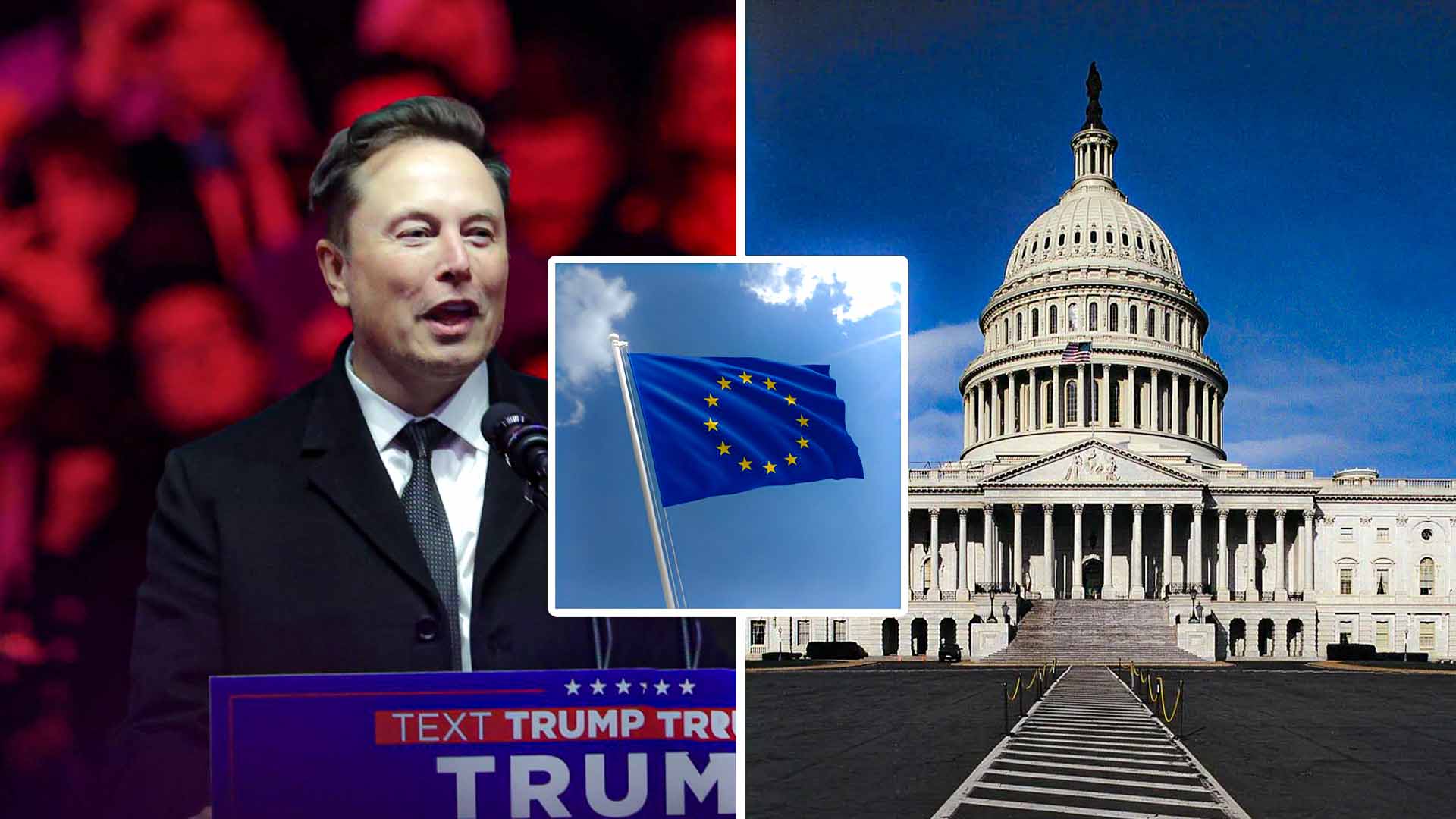Elon Musk’s recent gesture at a post-inauguration speech in Washington, D.C. has ignited a wave of controversy and criticism, with many condemning it as a Nazi-style salute.
While Musk claims the act was a spontaneous expression of enthusiasm, the movement, in which he placed his hand over his chest before raising it flat-palmed, has raised alarm among politicians, extremists, and observers alike.
This incident has amplified existing concerns about Musk’s behavior and associations, especially regarding his past promotion of controversial ideas and conspiracy theories on his social media platform, X.
The gesture was made during Musk’s speech at Capital One Arena on Monday, where he expressed gratitude to President Donald Trump’s supporters. As he said, “My heart goes out to you,” Musk raised his hand in an open-palmed gesture, sparking an immediate backlash.
To many, it appeared to resemble a Nazi salute, a notorious symbol of Adolf Hitler’s regime, associated with oppression and violence. Ruth Ben-Ghiat, a historian at New York University, quickly labeled the movement a “very belligerent” Nazi salute on X, noting its potential to align Musk with far-right extremism.
Musk, however, dismissed these claims, accusing the media of political bias. He took to X, calling the accusations “pure propaganda” and asserting that the “everyone is Hitler” trope was tired and outdated.
His defenders argue that Musk’s actions were not meant to convey any sinister message but rather to express enthusiasm and connection with the crowd. Senator Ted Cruz of Texas also weighed in, stating that the gesture was a simple, heartfelt expression of goodwill.
On the other hand, the Anti-Defamation League (ADL) characterized the gesture as awkward, noting it was likely an innocent movement of excitement rather than a deliberate Nazi salute.
Despite Musk’s defense, the gesture stirred deep unease within the political realm. Critics, particularly from the Democratic Party, expressed concern over Musk’s proximity to Trump and his far-right allies.
Some speculated that the gesture could be interpreted as signaling acceptance of extremist ideologies, which would be troubling given Musk’s influence. Furthermore, his history of promoting antisemitic memes and amplifying racist conspiracy theories on X has led many to question his true intentions.
Musk’s past actions have included sharing images of Pepe the Frog, a symbol co-opted by white nationalists, and downplaying criticism of antisemitic comments.
The far-right fringe, however, seemed to embrace Musk’s gesture, interpreting it as an endorsement of their views. The image of Musk’s hand raised in the air quickly circulated on extremist Telegram channels, where it was celebrated as a sign that white nationalism might be finding renewed legitimacy.
Some right-wing commentators also speculated that Musk’s gesture was a symbol of a new alliance with Trump, aimed at championing extremist beliefs in the White House. Figures like controversial influencer Andrew Tate and political commentator Evan Kilgore expressed excitement at what they saw as a display of power and solidarity with far-right movements.
However, others, including political analysts and watchdogs, argue that it is less important what Musk intended with his gesture and more about how it is perceived by the public, particularly those on the far-right.
Cynthia Miller-Idriss, a researcher on extremism at American University, emphasized that such gestures are seen as legitimizing white supremacist views, even if the person making the gesture does not explicitly support those ideologies. The normalization of such symbols in mainstream spaces is a cause for concern, as it can embolden extremist groups and reinforce their narratives.
International reactions were equally charged. German Chancellor Olaf Scholz, when questioned about Musk’s gesture during the World Economic Forum, did not address it directly but stressed that while freedom of speech is paramount, supporting extremist ideologies is unacceptable.
In Germany, the Nazi salute remains illegal, and officials expressed alarm over Musk’s proximity to far-right populists. Karl Lauterbach, Germany’s health minister, expressed concern over Musk’s connections to far-right movements, underscoring the troubling implications of such public actions.
In the end, the controversy highlights a deeper issue: the intersection of social media, political power, and extremism.
Whether Musk intended to make a Nazi salute or not, the response to the gesture has highlighted how symbols of hate can be co-opted and how public figures, especially those with significant influence like Musk, are held to a higher standard of responsibility. The debate continues, and while Musk may dismiss the allegations, the long-lasting impact on public perception and extremist movements is undeniable.
